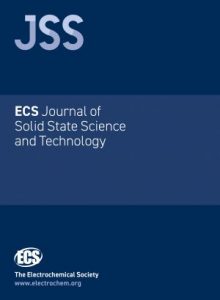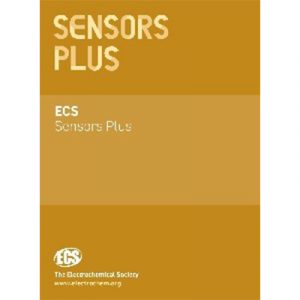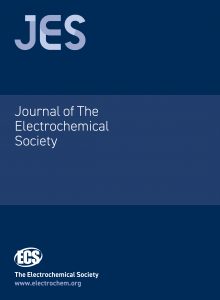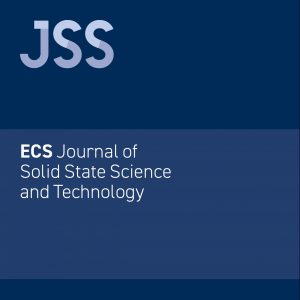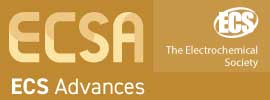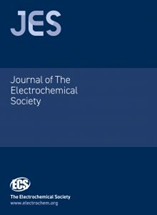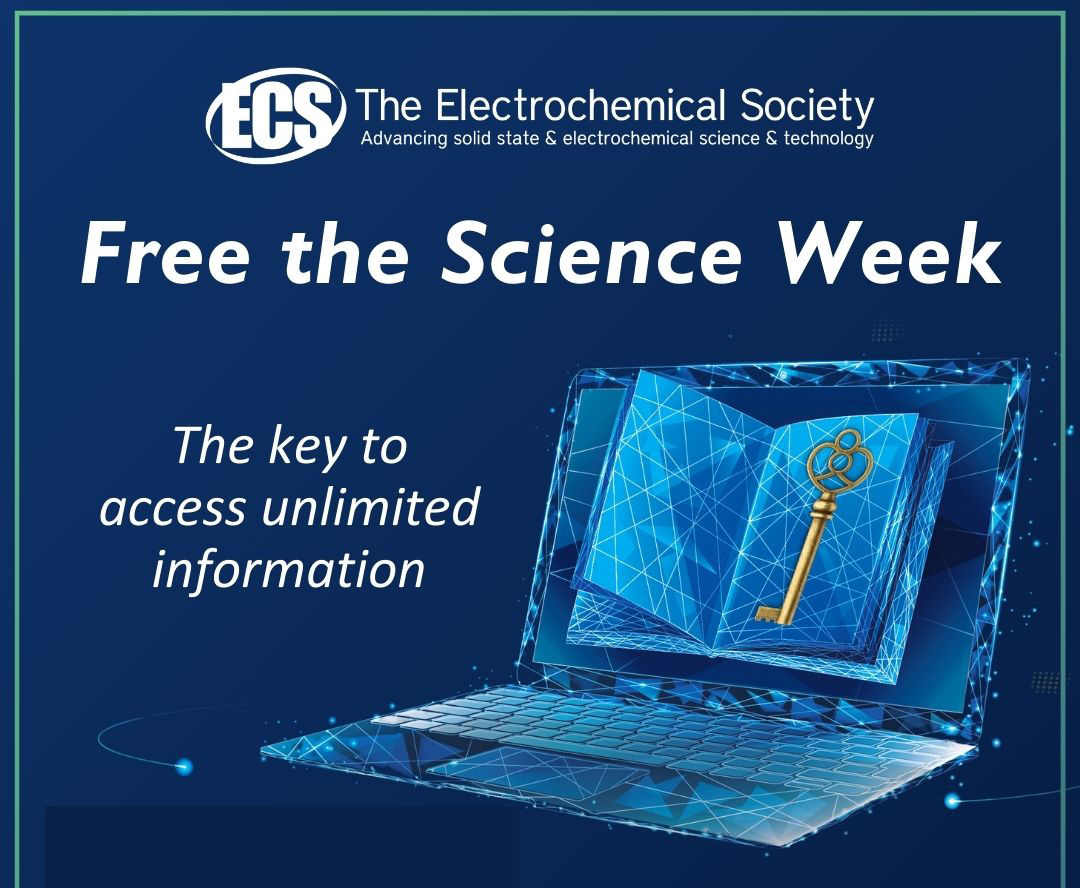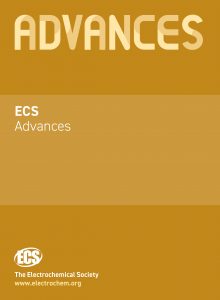 ECS Advances is proud to spotlight the article, “Challenges to the Adoption of Deep Eutectic Solvents in the Electrodeposition Industries,” by T. A. Green and S. Roy of the Department of Chemical and Process Engineering at the University of Strathclyde, Glasgow, UK. This thought-provoking contribution critically examines the barriers to widespread industrial adoption of deep eutectic solvents (DESs) in electrodeposition processes, an emerging area of great interest for sustainable electrochemical manufacturing.
ECS Advances is proud to spotlight the article, “Challenges to the Adoption of Deep Eutectic Solvents in the Electrodeposition Industries,” by T. A. Green and S. Roy of the Department of Chemical and Process Engineering at the University of Strathclyde, Glasgow, UK. This thought-provoking contribution critically examines the barriers to widespread industrial adoption of deep eutectic solvents (DESs) in electrodeposition processes, an emerging area of great interest for sustainable electrochemical manufacturing.
The authors provide a comprehensive overview of the scientific, technical, and regulatory challenges impeding the transition from traditional electrolytes to DESs, while also offering valuable insights into future research directions that could unlock DESs’ full potential. Their work serves as a crucial reference for researchers, industry professionals, and policymakers aiming to advance green electrochemistry. (more…)



